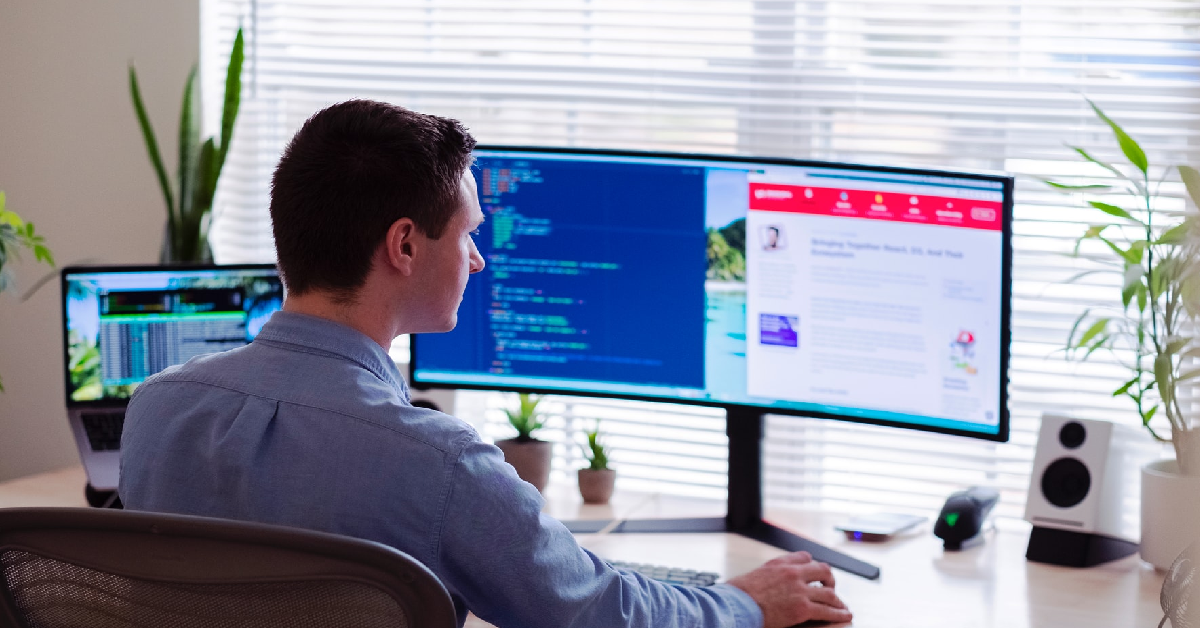We live in a world where it is becoming more and more common for people to work from home. Those remote workers sometimes get a bad rap, as there are many who say that they don’t get as much done as their office working counterparts.
When you stop to think about all the benefits associated with working remotely, it really is one that can be beneficial if you are able to take advantage of it. It’s a good idea to also convince the boss that you are being productive, so you may just want to point them toward a Texas A&M study.

That study was conducted in 2017 when hurricane Harvey caused many people in the workplace to be displaced. Now that COVID is a reality, social distancing has made it necessary to work remotely and many more businesses are jumping on the bandwagon.
The research team was comprised of a number of doctors from the School Of Public Health at Texas A&M University. They are, Kamrie Sarnosky, DrPH, Mark Benden, PhD, Garrett Sansom,DrPH, Leslie Cizmas, PhD and Annette Regan, PhD.
The team looked into 264 employees that worked at a large oil and gas company out of Houston. They had access to ergonomic software data and were able to use it to make some interesting determinations. That company had to go to remote work because hurricane Harvey had flooded their offices. For up to seven months and in some cases, more, those employees had to work at home.

If you would like to see the study for yourself, you can check out the February 22 issue of IOS Press. Since they had access to data both before and during the displacement, they were able to make an interesting comparison.
They also were able to gather data associated with the eventual return to the office that occurred between April and December 2018.
According to the research, working remotely does not have a negative impact on productivity. The use of computers did decline during the hurricane because of the initial displacement, but over time, hours begin to increase at a steady rate.

It wasn’t long after the displacement that the work behaviors of employees began to return to what was seen prior to the hurricane. This is good news for many employers who are now working along with their employees in a remote environment and many others are looking into the possibility of doing so.
The research also showed some ways in which remote workers could improve and perhaps even benefit from the option further. According to one of the researchers: “if you work a little less or a little less often or break up the duration […] then you’re less likely to develop a problem from doing your office work.”
After testing this possibility, they found that both the output and the quality of the work were improved.













